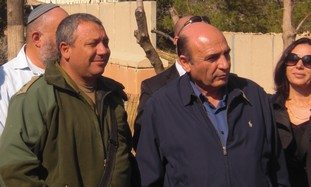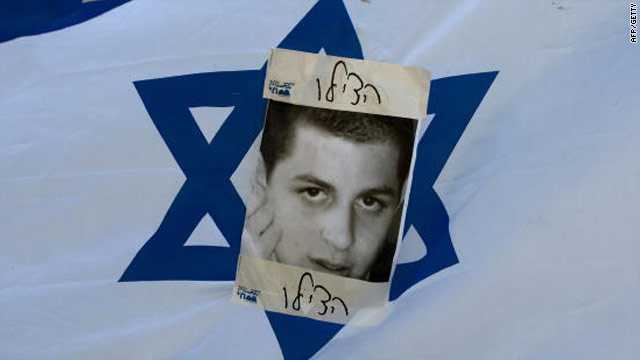Thomas Seibert
Oct 14, 2011
ISTANBUL // The Turkish government helped secure the release of the Israeli soldier Gilad Shalit despite political tensions with Israel, officials from both countries said.
But analysts warned yesterday that it was too early to tell whether Turkey’s involvement in freeing the soldier could lead to improved ties with Israel.
“Whether it was transmitting information about Gilad Shalit’s health or whether it was taking part directly or indirectly in continuing negotiations, we were following those issues closely and made a contribution up until very recently,” Ahmet Davutoglu, the Turkish foreign minister, said in remarks posted on his ministry’s website yesterday.
While describing Turkey’s efforts to reach a deal between Israel and Hamas on the swap of Mr Shalit for 1,027 Palestinian detainees, Mr Davutoglu was careful to point out that Egypt deserved most of the praise.
“First and foremost, I congratulate our friend and brother Egypt for their contribution,” Mr Davutoglu said. He also confirmed that Recep Tayyip Erdogan, the Turkish prime minister and a harsh critic of Israel, was personally involved in the Shalit case.
In Israel, president Shimon Peres said he was surprised by Mr Erdogan’s involvement.
“I was pleasantly surprised by the Turkish government’s stand,” Mr Peres said, according to Israeli media reports. He said he was told that Mr Erdogan personally played an important role in the process. “They put everything aside and favoured the humanitarian side over politics,” Mr Peres said.
Relations between former partners Turkey and Israel have been in crisis since the death of nine Turkish activists during an attack by Israeli soldiers on a Turkish ship carrying aid for the Gaza Strip in May last year. Turkey has called for an apology and compensation for the families of the victims, but Israel has rejected the demands. Last month, Ankara expelled the Israeli ambassador and downgraded political and military ties with Israel.
Mr Erdogan insists that his tough position was directed only against the present Israeli government and not against the Israeli people. According to news reports, Mr Erdogan reportedly promised to get involved personally after receiving a letter from Mr Shalit’s father, Noam Shalit.
Turkey raised eyebrows in Israel, Europe and the US when it invited a delegation of Hamas to Ankara shortly after the election victory of the hardline Palestinian group in 2006. In recent weeks, Mr Erdogan has spoken of his wish to visit the Gaza Strip, which is run by Hamas.
Mehmet Sahin, a political scientist at Ankara’s Gazi University and Israel analyst at the Center for Middle Eastern Strategic Studies, a think tank in the Turkish capital, said Turkey’s involvement in the Shalit case could be seen as a “confidence-building step”.
“But the question is what Israel’s response will be,” Professor Sahin said in a telephone interview yesterday. He said Turkey would stick to its demands of an apology and compensation as a precondition to normalise relations.
While there were Israeli politicians like Mr Peres who were in favour of repairing ties with Turkey, hardliners such as the foreign minister Avigdor Lieberman were adamantly opposed to an apology, Prof Sahin said.
He noted that Israel had offered an apology to Egypt for the death of six members of the Egyptian security forces during an Israeli operation in August.
A Turkish foreign ministry source also underlined that the ball was in Israel’s court. In response to a question about a possible improvement of Turkish-Israeli ties because of the Shalit case, the source replied: “You have to ask this to the Israeli side.”
via Turkey aided effort to free Israeli soldier but relations still frosty – The National.




